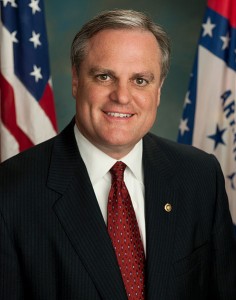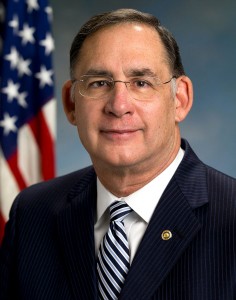Words From Our Founders: Congressional Prayer Proclamation, 1778
Today we continue our series examining our Founding Fathers in their own words and considering their high esteem for religion, religious liberty, and virtue.
Below is proclamation of prayer and fasting authorized by the Continental Congress on March 7, 1778–during the American Revolution.
From the Journals of the Continental Congress:
Whereas, Almighty God, in the righteous dispensation of his providence, hath permitted the continuation of a cruel and desolating war in our land; and it being at all times the duty of a people to acknowledge God in all his ways, and more especially to humble themselves before him when evident tokens of his displeasure are manifested; to acknowledge his righteous government; confess, and forsake their evil ways; and implore his mercy:
Resolved, That it be recommended to the United States of America to set apart Wednesday, the 22d day of April next, to be observed as a day of fasting, humiliation, and prayer; that at one time, and with one voice, the inhabitants may acknowledge the righteous dispensations of Divine Providence, and confess their iniquities and transgressions, for which the land mourneth; that they may implore the mercy and forgiveness of God; and beseech him that vice, prophaneness, extortion, and every evil, may be done away; and that we may be a reformed and happy people; that they may unite in humble and earnest supplication, that it may please Almighty God, to guard and defend us against our enemies, and give vigour and success to our military operations by sea and land; that it may please him to bless the civil rulers and people, strengthen and perpetuate our union, and, in his own good time, establish us in the peaceable enjoyment of our rights and liberties; that it may please him to bless our schools and seminaries of learning, and make them nurseries of true piety, virtue and useful knowledge; that it may please him to cause the earth to yield its increase, and to crown the year with his goodness.
And it is recommended to the inhabitants of the United States to abstain, on that day, from labour and recreations.


 Late yesterday Senators Pryor and Boozman cast important votes on the so-called Employment Non-Discrimination Act (ENDA).
Late yesterday Senators Pryor and Boozman cast important votes on the so-called Employment Non-Discrimination Act (ENDA).